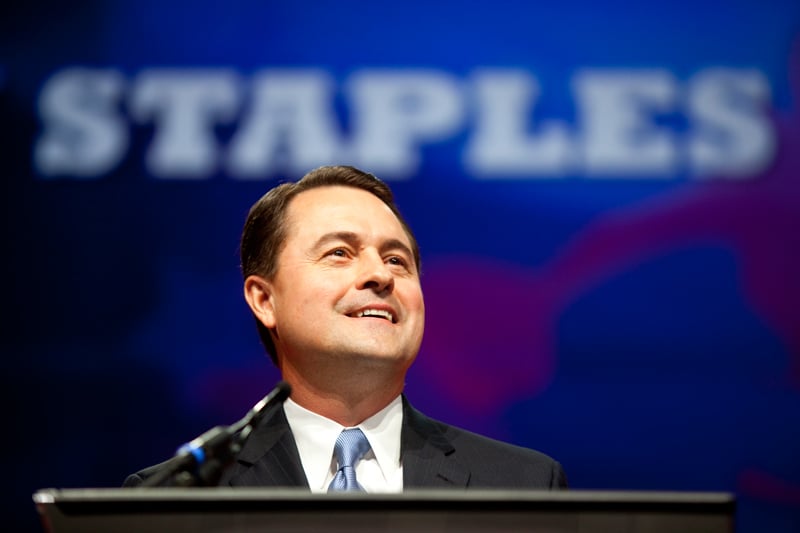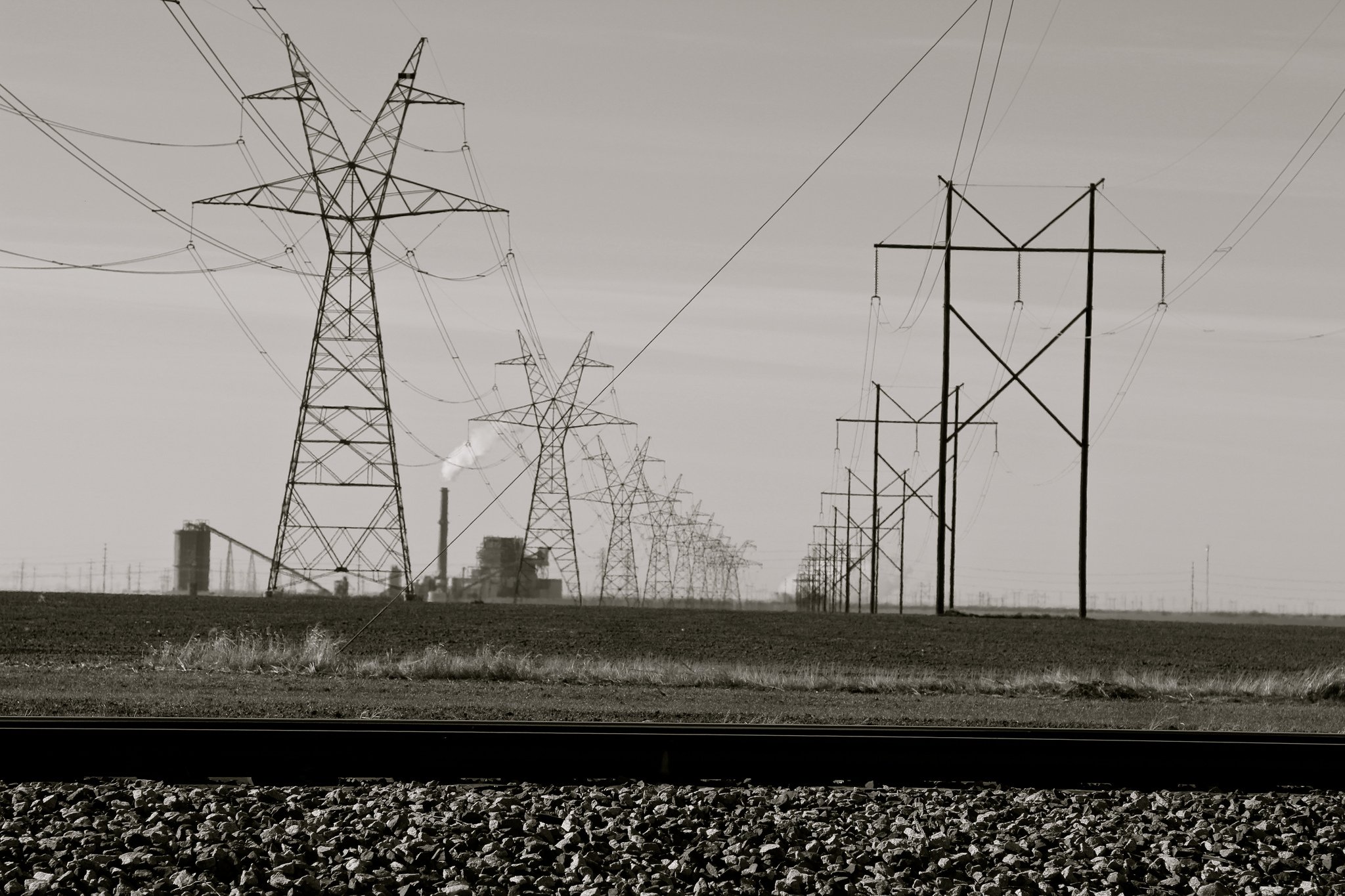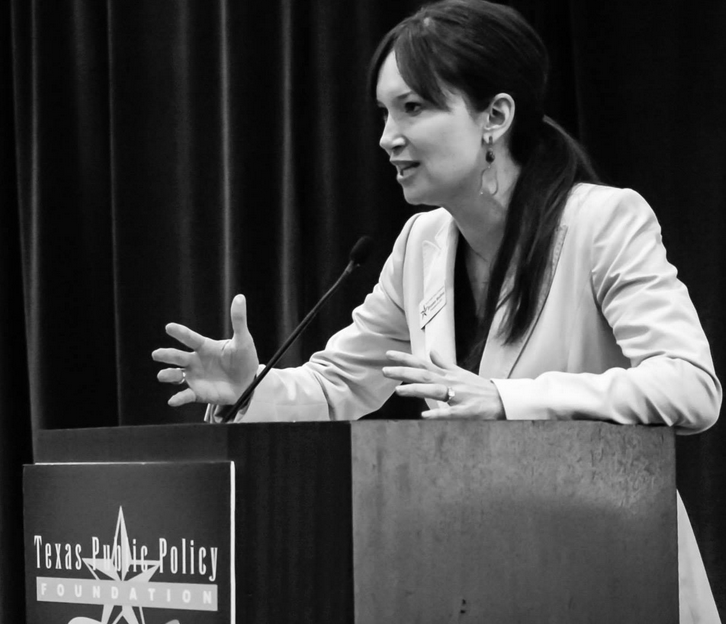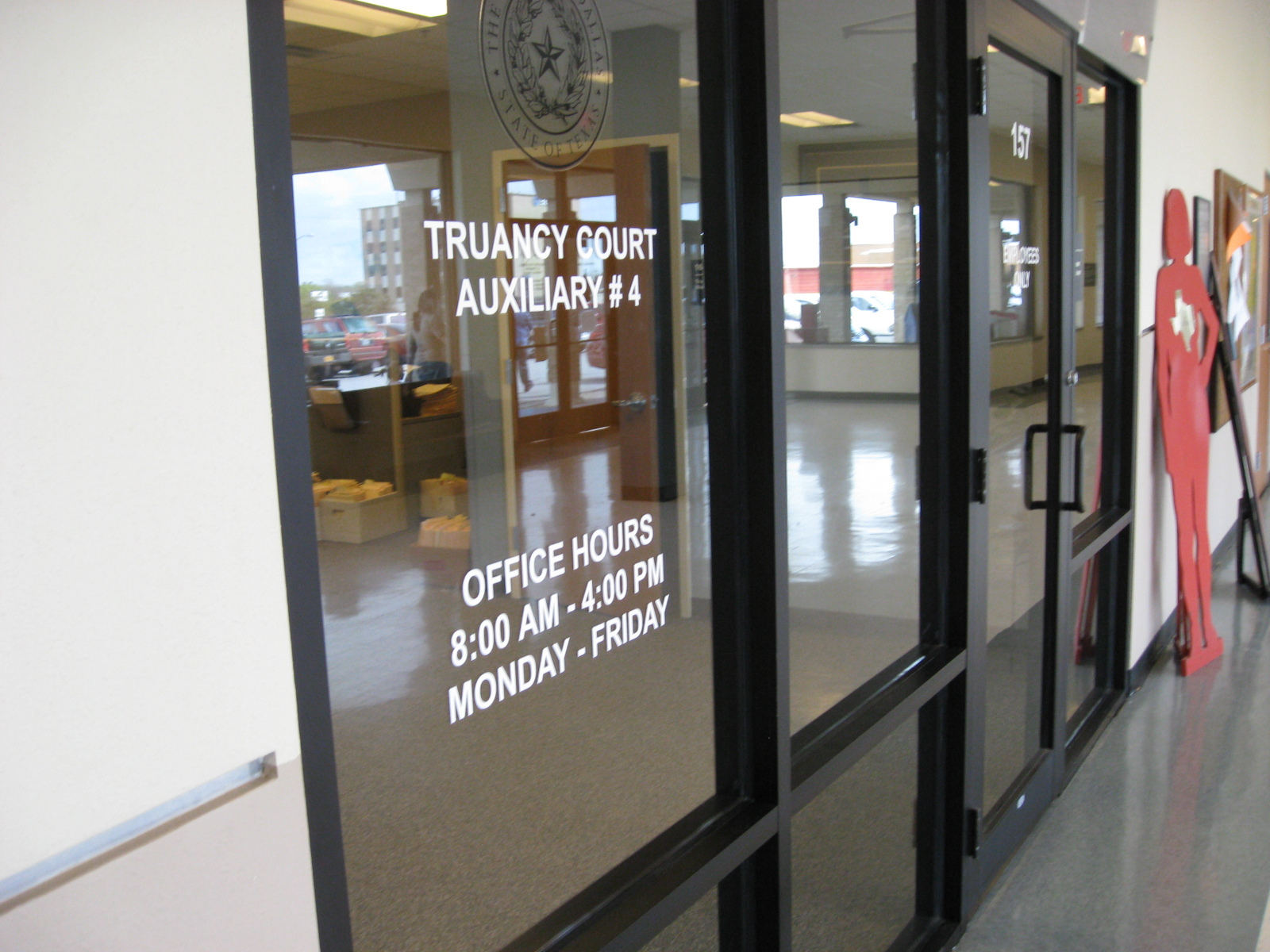
At Conservative Panel on Border Security, Money is No Object

Above: Todd Staples at the 2012 Texas GOP convention.
“What is really happening on the Texas border?” Good question—the one posed in a Texas Public Policy Foundation-hosted panel discussion today at the Capitol. The Texas Public Policy Foundation, though hardly a household name, is an influential free-market think tank funded by a variety of corporate interests. The $7.6 million-a-year organization has been variably described by conservatives as a “thought leader” of the Texas right, an “intellectual powerhouse” and, in the memorable words of Rick Perry, “a big ol’ Abrams rolling across the desert, picking out commonly-held misconceptions, and blowing them away with sound research and clear thought.”
What is really happening on the Texas border? I guess it depends on who you ask. To answer the question, TPPF called on a) Mike Vickers, a rancher and veterinarian in Brooks County who runs the controversial Texas Border Volunteers, of “Hunting Humans” fame; b) Todd Staples, the Texas ag commissioner who thinks porous borders threaten America’s food supply and wrote a book to prove it; c) Brandon Darby, the former FBI informant who now runs the border snuff-site Breitbart Texas; and d) Shawn Moran, the vice-president of the Border Patrol union.
Given TPPF’s purported free-market pedigree, I thought the line-up was curiously slanted toward seal-the-border types. Where was the business case for immigration? Where was the conservative realist who gets that immigration is largely driven by the push and pull of national economies and labor market factors? That person wasn’t present so we—and by “we” I mean an overwhelmingly white crowd—instead spent an hour and a half pondering, for example, Urdu dictionaries found in the desert. “No question it belonged to the coyote,” Vickers said. “It’s got phrases in there that say you must pay a dollar, do you speak English, do you speak Spanish?”
We heard about the Ebola threat from immigrants. “There’s huge concern for Ebola,” Vickers said, pointing to apprehensions of people from Nigeria, Kenya and Eritrea. “Africa is here. They’re coming from all over the world.”
We heard about the terrifying supposed correlation between a crackdown by the Chinese government on ethnic Uighur militants and an increase in Chinese apprehended at the Southwest border.
“Now here’s the deal,” Darby said. “If you look at when China started cracking down on Islamic militants and putting them in prison and chopping heads off—and I’m not saying I’m in favor of chopping people’s heads off—if you look at their crackdown and you look at our numbers of when people from China started increasing, they’ve gone up substantially. That’s a concern to me.”
We heard about how Vickers’ group has videotaped mountain lions tracking groups of migrants on the verge of death. And we heard many other tales of a dangerously porous and unsecured border.
What we didn’t hear much about was how much achieving an acceptable level of border security (as Darby put it, “I want to see that border locked down”) would cost—at least not
Where was the conservative realist who gets that immigration is largely driven by the push and pull of national economies and labor market factors?
Shawn Moran, the Border Patrol rep, came the closest, offering the figure of $120 million (a year?) to “fully staff” the agency. Of course, hiring enough agents to meet congressionally set hiring goals is a tiny step. It excludes all the other things on the wish list: the costs of detention facilities, prisons for all the immigrants prosecuted for illegal crossings, judges to process immigration cases, new fences, cameras, drones, gunboats, National Guard deployments, ICE agents, etc.
To solve the crisis, Moran said, “I don’t know what it would cost in terms of dollars. I do know it would cost a lot in political will.”
Darby didn’t get any closer to answering the question: “What are the metrics for a secure border? I always tell people I don’t know the exact cost, but I can tell you that it’s much more than just Border Patrol and just the fence and just sensors.”
What does it cost to “lock down” the border, to achieve 100 percent security? The National Guard deployment ordered by Gov. Perry runs around $12 million a month. But the governor has called it a “stopgap measure” and state officials confess that the “surge” only covers one small part of a 1,200-mile border.
Ultimately it is not a question that can be answered with a dollar figure. How much would it cost to end terrorism or to win the war on drugs? More than all the money in the world.


